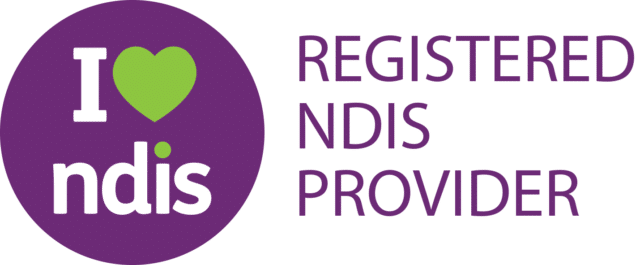- The prevalence of speech and language impairment in school aged children is significant, with one study in NSW (McLeod & McKinnon, 2007) revealing that 13% of children at primary and secondary schools have a communication disorder.
- Australian teachers report expressive language difficulties in around 21% of children when they enter school, and receptive language difficulties in around 16% of children (Harrison & McLeod, 2008).
- Oral language competency is known to underpin the transition to literacy. There is strong evidence that preschool oral language deficits may predispose a child to ongoing reading difficulties throughout childhood and adolescence (Speech Pathology Australia, 2005). Approximately 16% of Australian children have difficulties learning to read (Westwood, 2001).
- The strong link which has been established between juvenile offending and language impairment is of further concern. An Australian study (Snow & Powell, 2008) showed that over 50% of a sample of young offenders had language impairments. This has significant long term implications for the community.
- Research has found that early intervention for speech impairment is effective (Almost & Rosenbaum, 1998; Law et al, 2003). However, children who did not receive intervention or begin intervention in the school years can continue to have difficulties into adulthood (Law et al, 1998).
- The research literature clearly shows that the language learning in the early years is rapid, and that this period is crucial for language development
- Speech and language disorders have deleterious consequences across the lifespan
- Children who enter school with language difficulties are at risk of literacy problems, poor academic achievement, low self-esteem, social and behavioural problems and reduced employment options
- Oral language competency in the young child is a strong protective measure against negative outcomes in later life

5 ways to help your preschooler on the path to literacy
Our Speech Pathologists are often asked by parents and carers for tips on how they can encourage the development of their child’s early literacy skills. Here are a few tips to help your preschooler on the path to literacy: Enthusiasm is contagious, be excited about books! It’s not always easy, however if your preschooler senses your



